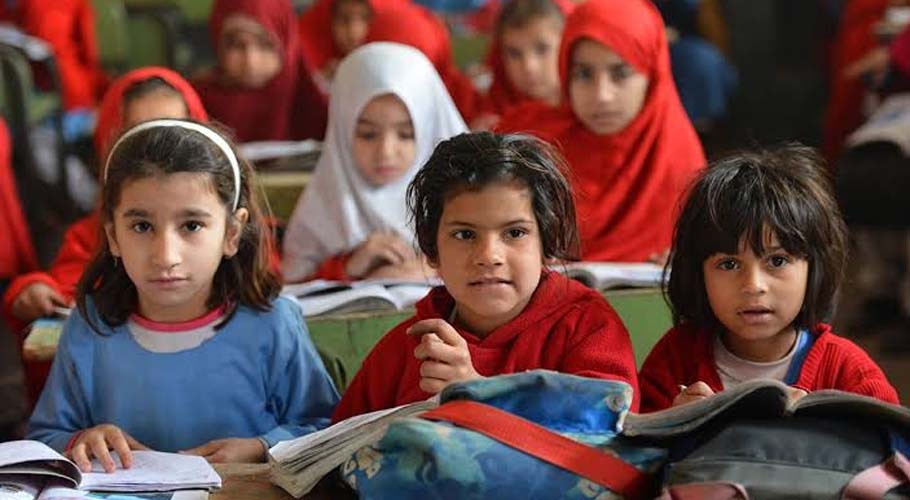BRUSSELS: On the occasion of the world marks International Children’s Day, UNICEF said with an estimated 22.8 million children out-of-school and declared Pakistan the world’s second-highest number of out-of-school-children (OOSC).
According to the UNICEF report, those children out of schools represent 44% of the total population in the age group of five to 16 year-olds in the country.
About five million children aged five to nine are not enrolled in schools. As the primary school age ends, the number of OOSC double with 11.4 million adolescents aged between 10 and 14 years dropping out of school, the report read.
The disparities in gender, socio-economic status and geography play a significant role in children’s education. In Sindh, 52% of the poorest children – out of which 58% are girls – are out of school. In Balochistan, 78% of the girls are out of school.
This year, the coronavirus pandemic has had a devastating effect on education globally, affecting 1.5 billion students and leaving 460 million without access to education.
UNICEF Representative in Pakistan Ms. Aida Girma said: “While millions of girls and boys in Pakistan have seen their lives improve, millions of others continue to grapple with poverty, inequality, and lack of access to the essential services.”
“The COVID-19 crisis is a child rights crisis. We must work together to avert a lost generation as the global pandemic threatens to cause irreversible harm to children’s education, nutrition and well-being”, she added.
This includes making sure that every child and adolescent can continue to access the essential services that are their rights so they can survive, stay healthy, learn and fulfill their potential. “We will continue to support the Government so that no child in Pakistan is left behind,” Girma added.
World Children’s Day marks the adoption of the Convention on 20 November 1989. Pakistan ratified the Convention the following year.


































